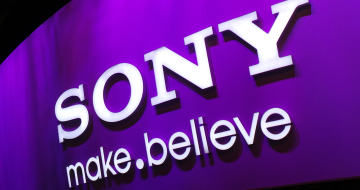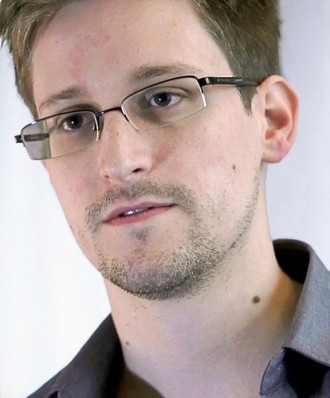 The dark satanic rumour mill has manufactured a hell on earth yarn which claims that Apple is now back in love with Samsung and the pair have produced a new monstrous off-spring called the A9 chip.
The dark satanic rumour mill has manufactured a hell on earth yarn which claims that Apple is now back in love with Samsung and the pair have produced a new monstrous off-spring called the A9 chip.
According to the Korean IT News Samsung Electronics has begun production of ‘A9,’ the application processor for Apple’s next-generation smartphone. It applies the 14nm FinFET microprocess for system semiconductors, for the first time.
Samsung began production of Apple’s A9 in the Austin plant in the US using the 14nm FinFET technology. Samsung has production lines capable of FinFET process production in Austin, US and Giheung, Korea, but began to produce A9 only in Austin as it is in the initial stage.
The outfit said that it would start production of the 14nm FinFET chip at the end of this year, but did not disclose whether the company received an order from Apple for the production of A9 chips or whether the production line is actually running.
Samsung is happy with the yield of the 14nm FinFET process, and supplied samples as good as finished products early enough.
The Austin plant began official production first at Apple’s request, and industry insiders said it is a move to produce the chip in the US, not Korea. They guessed that the Austin plant was chosen because of the next-generation chip’s problems with performance security and supply.
The initiation of the A9 chip production enabled Samsung to recover the foundry quantities from Apple, which have been discontinued for some time, and get the upper hand in the 14nm FinFET technology competition with TSMC, killing two birds with one stone.
However, this is clearly a burying of the hatchet between the two companies. Apple and Samsung stopped AP production as they were embroiled in patent litigation back in 2012. It appears that Apple has been lured back to Samsung with its winsome 14nm FinFET ways.
Relationship counsellors are quick to warn that it is early days yet. Apple has been seeing other people during the break. Taiwan’s TSMC began the risk production of the 16nm FinFET plus (16FF+) process, and began to produce chips in July earlier than originally anticipated Q3.
Apple is effectively two timing the rivals. Shuttling between Samsung and TSMC, if TSMC’s production line is stabilised in the future, there is no knowing how SEC will respond.
Samsung’s foundry business was hit hard when Apple orders stopped. Although the entire semiconductor business is booming, securities companies predict that the system LSI business, including the foundry business, will suffer a loss to the tune of KRW800 billion this year. SEC is expected to recover sales loss to a certain extent with the production of Apple A9.
 Server company Rackspace has joined an IBM inspired server group, snubbing its primary chip supplier, Intel.
Server company Rackspace has joined an IBM inspired server group, snubbing its primary chip supplier, Intel.


















